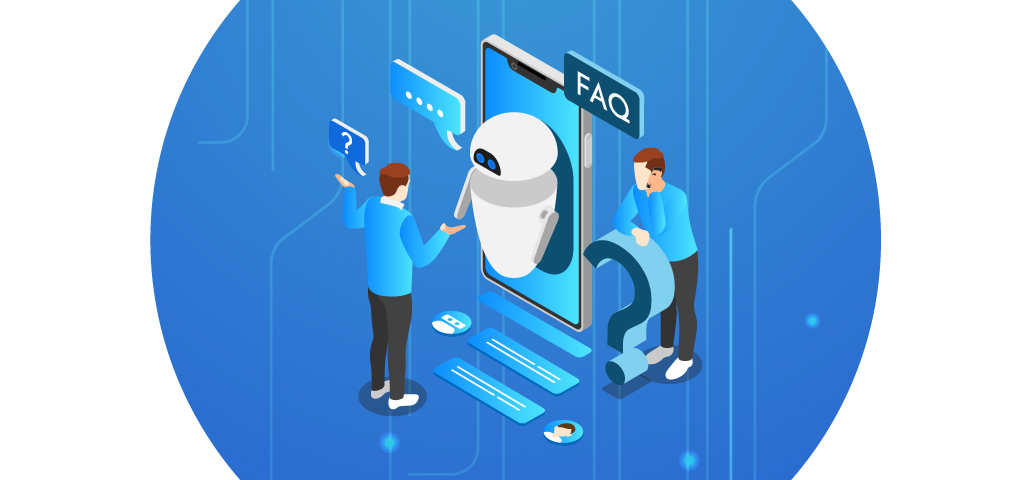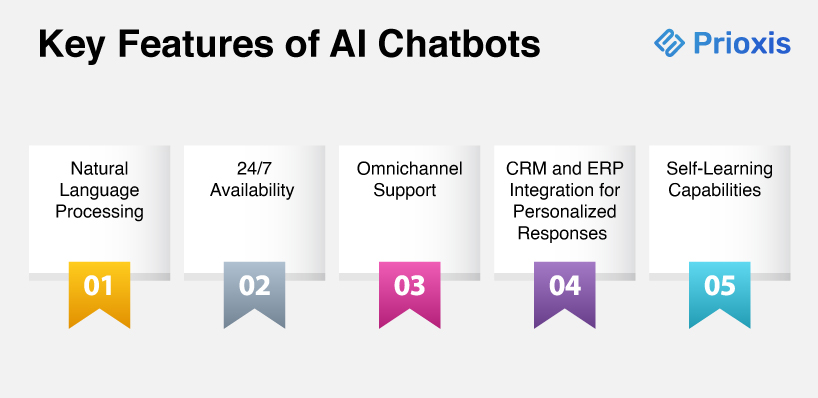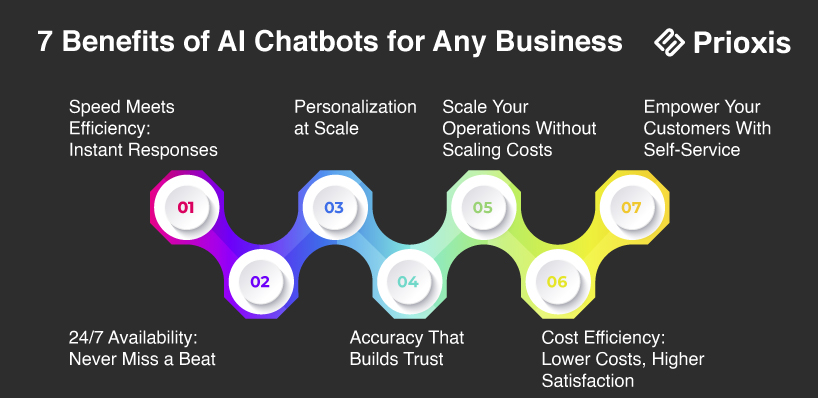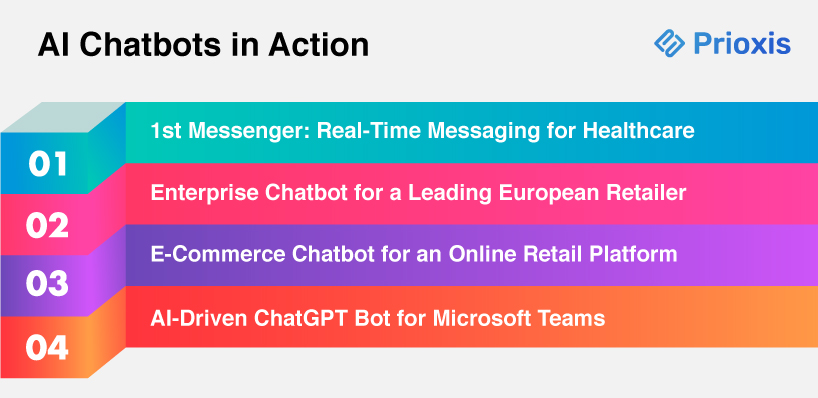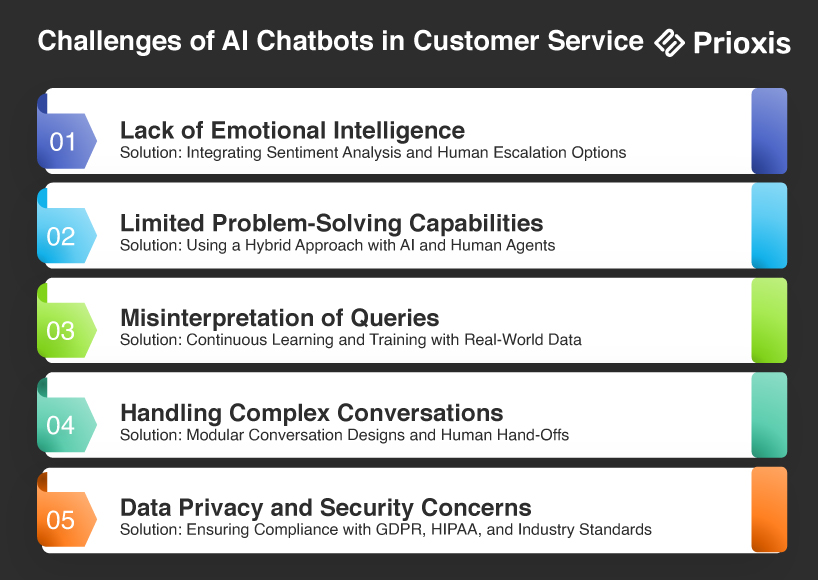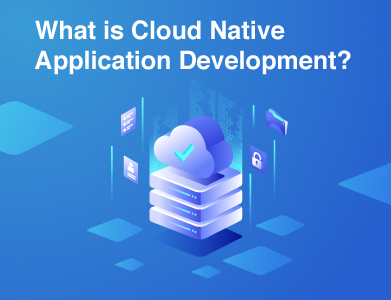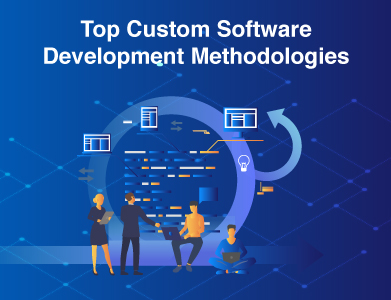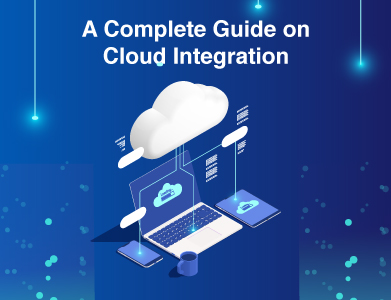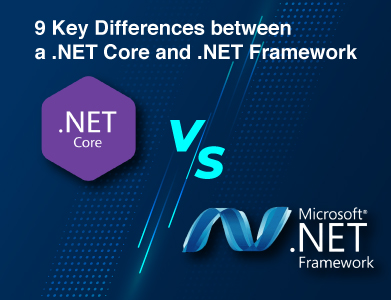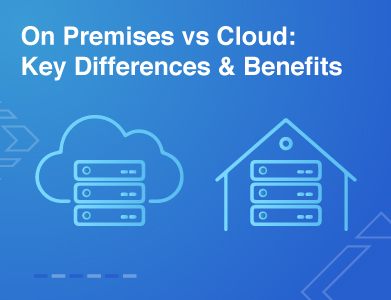Chatbots are everywhere these days. Whether you're buying an insurance policy, shopping for clothes, or even complaining about the wrong food delivery. You may have interacted with a chatbot.
In fact, the use of AI-powered chatbots has skyrocketed, with businesses reporting a 92% surge in their use over the past few years. And it’s no wonder—87.2% of consumers report having a positive experience with them.
It’s clear that chatbots are here to stay. But how exactly are they changing the way businesses operate? This post will explore how AI Powered Chatbots transform customer service across industries. You will also discover the benefits of Chatbots in Customer Service and how to use AI Chat in your business.
From Call Centers to Chatbots: The Evolution of Customer Service
In the past, customer service was a slow and often frustrating process. Customers had to call hotlines, send emails, or even visit brick-and-mortar locations to resolve their queries. These methods were time-consuming and often led to long wait times and poor customer experiences.
As digital transformation took off, customer service evolved to include email, live chat, and social media. While these channels offered more convenience, they required human agents to handle each request. Due to this, service quality varied, and response times could still lag.
Today, Businesses use AI Chatbot for Customer Service. Thanks to advancements in Artificial Intelligence (AI) and Natural Language Processing (NLP), today’s chatbots can handle many tasks.
They are faster, more reliable, and capable of handling high volumes of inquiries without human intervention. Using AI Chatbot for Customer Service, businesses can offer 24/7 customer support, ensure faster responses, and deliver personalized experiences.
What is an AI Customer Service Chatbot?
AI Chatbot for Customer Service is a virtual assistant that simulates human conversation. It is far more advanced than the early chatbot systems. It uses Artificial Intelligence (AI) and Natural Language Processing (NLP) to interpret customer queries and deliver accurate, human-like responses.
Key Features of Chatbots in Customer Service
Natural Language Processing (NLP)
Today's chatbots can understand and respond to customer queries in natural language. They make interactions feel more human-like and intuitive.
24/7 Availability
One of the biggest advantages of AI chatbots is their ability to offer round-the-clock support. Thus, customers can get help whenever needed, regardless of the time zone or business hours.
Omnichannel Support
Chatbots are versatile. You can deploy them across multiple channels, such as websites, mobile apps, social media platforms, and even messaging apps like WhatsApp and Facebook Messenger.
CRM Integration
AI Powered Chatbots can be integrated with Customer Relationship Management (CRM) and Enterprise Resource Planning (ERP) systems. By integrating with these platforms, they pull relevant customer data and offer personalized responses.
Self-Learning Capabilities
Machine learning enables chatbots to improve over time by learning from each interaction. Thus, ensuring better responses and more efficient support in the future.
Benefits of AI Chatbots for Any Business
1. Speed Meets Efficiency: Instant Responses
Customers expect instant responses. Speed is key, whether they're asking about product availability or filing a claim. AI chatbots can handle multiple conversations, ensuring customers receive timely answers.
During busy periods, like holiday sales, Chatbots improve Customer Experience by keep things moving smoothly. For instance, H&M’s chatbot helps customers select outfits in their online store and offers instant support, even during peak shopping. This approach cuts down on wait times and improves the customer experience.
2. 24/7 Availability: Never Miss a Beat
AI chatbots are always on, providing 24/7 availability that human agents can’t match. Whether your customers need help at 2 a.m. or on the weekend, the chatbot will be ready to assist.
This is especially beneficial for industries like eCommerce and insurance. In these industries, customers may need help with policy renewals or order tracking outside business hours.
KLM Royal Dutch Airlines, for example, uses an AI chatbot to handle over 15,000 service requests per week, ensuring customers can get answers day or night.
A Salesforce report found that 64% of consumers expect real-time responses from businesses. Chatbots provide this, ensuring your business never misses a beat.
3. Personalization at Scale
AI chatbots can pull data from Customer Relationship Management (CRM) systems to deliver personalized experiences for each customer. They can recall previous interactions, tailor recommendations, and suggest products or services based on customer preferences.
This personalized touch goes a long way in fostering customer loyalty. In fact 59% of consumers expect chatbots to use their data for personalized experiences, enhancing engagement and loyalty.
For example, Sephora’s AI Powered Chatbot uses customer data to offer customized makeup suggestions based on earlier purchases, resulting in higher engagement and repeat business.
4. Accuracy That Builds Trust
Inconsistent information can erode customer trust. Chatbots improve Customer Experience as they always ensure accurate responses by pulling from a centralized knowledge base. This guarantees that each customer receives consistent and precise information, reducing frustration.
Customers may receive conflicting information from different support agents. AI Chatbots for Customer Support eradicate this risk by providing reliable, consistent information.
5. Scale Your Operations Without Scaling Costs
AI Chatbot for Customer Service are designed to handle high volumes of inquiries during busy times without hiring more staff. They ensure customer inquiries are addressed efficiently, whether it’s a product launch, Black Friday sale, or open enrollment period.
For instance, Lidl’s AI Chatbots for Customer Support, Margot, handles customer questions about wine selection. During holidays, when demand spikes, Margot ensures service quality stays high, allowing human staff to focus on more complex tasks.
This scalability ensures you can meet high demand without compromising service quality or increasing operational costs.
6. Cost Efficiency: Lower Costs, Higher Satisfaction
By automating routine tasks such as answering FAQs, processing orders, or handling basic claims, Chatbots in Customer Service free up human agents to focus on more value-added tasks. This results in lower operational costs and higher customer satisfaction.
For example, Café X uses an AI-powered kiosk chatbot to handle customer orders. This reduces labor costs while improving efficiency. In the long run, businesses using chatbots can save up to 30% on customer service operations, according to IBM.
In short, AI chatbots reduce costs without compromising on quality, ensuring faster resolutions and happier customers.
7. Empower Your Customers with Self-Service
According to Harvard Business Review, 81% of customers try to resolve issues on their own before contacting a support agent.
Today’s customers prefer self-service options where they can solve issues on their own. AI chatbots enable this by allowing customers to check account balances, track orders, schedule appointments, or even get insurance quotes—all without speaking to a live agent.
Domino’s Pizza uses an AI chatbot that allows customers to order food, track deliveries, and customize their pizzas—all through a self-service interface. This boosts convenience and frees up human agents to manage more complex customer queries.
Thus, AI chatbots empower customers to do this, leading to higher satisfaction and reduced strain on support teams.
How to Integrate AI Chatbots in Your Business
While the benefits of AI chatbots are clear, knowing How to use AI Chat can be challenging. That’s where Prioxis comes in.
We specialize in creating Chatbots in Customer Service designed to meet the needs of your business, regardless of your industry.
Step 1: Assess Your Business Needs
First, we work with you to understand your customer service challenges. Whether you want to improve response times, automate basic inquiries, or enhance customer satisfaction, we tailor our approach to your goals.
Step 2: Develop Custom Chatbots
Our team of experts will design custom AI chatbots that fit your business needs. We use advanced AI and NLP technologies to ensure your chatbot is equipped to handle everything from FAQs to processing transactions.
Step 3: Seamless Integration Across Platforms
Once your chatbot is ready, we’ll integrate it across your website, mobile app, and social media channels. This ensures your customers receive a seamless experience, no matter how they interact with your business.
Step 4: Continuous Support and Optimization
After launch, we continue to support and improve your AI Chatbots for Customer Support to ensure it stays effective as your business grows and evolves. We provide regular updates and performance tracking to meet changing customer needs.
AI Chatbots in Action: Success Stories Across Industries
1. 1st Messenger: Real-Time Messaging for Healthcare
Prioxis created 1st Messenger, a scalable, real-time messaging platform for healthcare businesses. It’s designed to meet the unique communication needs of small and medium healthcare enterprises.
We integrated a chatbot that handles real-time messaging and offers round-the-clock availability. This ensures customers can connect anytime, enhancing support across various devices.
The chatbot also manages offline messages, so no query is left unanswered. This solution delivers a seamless experience without the need for complex IT infrastructure.
2. Enterprise Chatbot for a Leading European Retailer
A European retail giant partnered with Prioxis to build an enterprise AI chatbot on the Microsoft Azure platform. The chatbot was crafted to handle high volumes of interactions while providing efficient, human-like responses.
Using Microsoft Azure Bot Framework and LUIS for Natural Language Processing (NLP), we created a chatbot that understands complex customer inquiries. It responds with accuracy and human-like empathy.
We integrated the bot with the retailer's ERP system, providing real-time access to product information, stock levels, and pricing. This integration helped the retailer deliver faster, accurate responses and streamlined customer service.
3. E-commerce chatbot for an Online Retail Platform
For a major eCommerce platform, Prioxis developed a custom AI chatbot to handle various customer service tasks. These tasks include answering product inquiries, helping with order tracking, and managing returns.
The chatbot integrates with the platform's CRM system and offers tailored recommendations based on customer behavior. This personalized touch enhances the shopping experience while providing real-time assistance.
The Chatbots in Customer Service guides customers through product options, helps them track orders, and manages their shopping carts. Secure payment integration ensures smooth and safe transactions at every step.
4. Enhancing Microsoft Teams with an AI-Driven ChatGPT Bot
Prioxis developed an AI-driven ChatGPT bot to enhance communication in Microsoft Teams. This bot leverages OpenAI's ChatGPT and advanced data analysis to provide real-time feedback and structured responses for business communication.
We used Microsoft Azure to host the AI bot and incorporated machine learning algorithms for natural language processing. The chatbot is designed for multi-channel support and offers data visualization for clear, actionable insights.
The solution’s scalable architecture ensures automatic replication for new user groups, making deploying across various Teams environments easy. This allows businesses to scale while maintaining efficient communication.
Limitations of Chatbots in Customer Service and How to Overcome Them
While AI Customer Service Chatbots offer incredible benefits, they aren’t without their challenges.
1. Lack of Emotional Intelligence
Chatbots excel at handling basic queries but struggle to understand human emotions. This can result in robotic or impersonal interactions, especially in sensitive customer service situations.
Solution
While chatbots may lack human empathy, integrating sentiment analysis tools can help. These tools analyze the tone of customer queries and adjust responses. Additionally, you can design workflows where complex or sensitive inquiries are escalated to human agents.
2. Limited Creativity and Problem-Solving
Chatbots follow predefined rules and patterns. They may fail to offer creative solutions when faced with unexpected or complex inquiries. If users' issues aren’t resolved quickly, this can frustrate them.
Solution
Enforce a hybrid approach, combining AI Customer Service Chatbots with human agents. When a chatbot detects that a query goes beyond its scope, it should hand off the conversation to a human agent.
3. Misinterpretation of Queries
Chatbots sometimes misunderstand user queries even with Natural Language Processing (NLP). Especially if the phrasing is unusual or if the chatbot is not well-trained.
Solution
Regularly train your chatbot with real-world data to improve its accuracy. A chatbot with machine learning capabilities will learn from earlier conversations. It will improve its understanding of how users phrase their queries. Always include a fallback possibility where the chatbot can ask clarifying questions if it’s unsure about the customer’s request.
4. Inability to Handle Complex Conversations
Some customer inquiries need in-depth understanding and more steps to resolve. Chatbots may need help dealing with multi-step processes or long, nuanced conversations.
Solution
Use modular designs that allow your chatbot to handle multi-step conversations in stages. If a query becomes too complicated, you can program the chatbot to transfer the conversation to a human representative. All this while maintaining context so customers don’t have to repeat themselves.
5. Data Privacy and Security Concerns
Since chatbots often handle sensitive customer data, security is a top concern. Any vulnerabilities in the chatbot system could expose businesses to data breaches or privacy violations.
Solution
Ensure your AI customer service chatbot is built with strong encryption and data protection protocols. Work with chatbot providers, like Prioxis, that adhere to GDPR, HIPAA, or other industry-specific compliance standards. Regular security audits can further safeguard your chatbot system from potential vulnerabilities.
AI Customer Service Chatbots: Ending Notes
The future of customer service is here. And AI-powered chatbots are leading the way. Chatbots offer speed, personalization, scalability, and 24/7 availability. They enable businesses across industries to deliver better customer experiences while lowering costs and improving efficiency.
At Prioxis, our chatbots go beyond automating basic tasks. They help you drive meaningful customer engagement, build stronger relationships, and create value for your brand.
Contact Prioxis today to learn how our custom AI chatbot solutions can help your business thrive in the digital age. Let’s take your customer experience to another level together.
